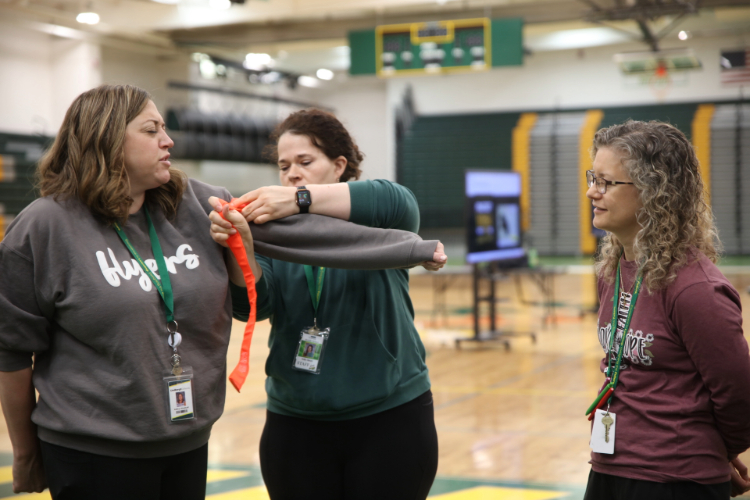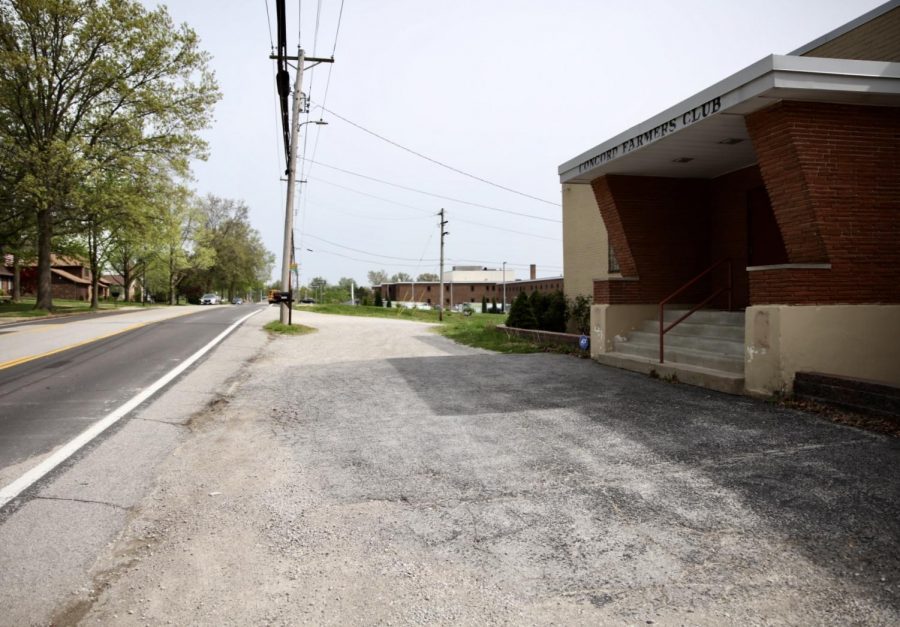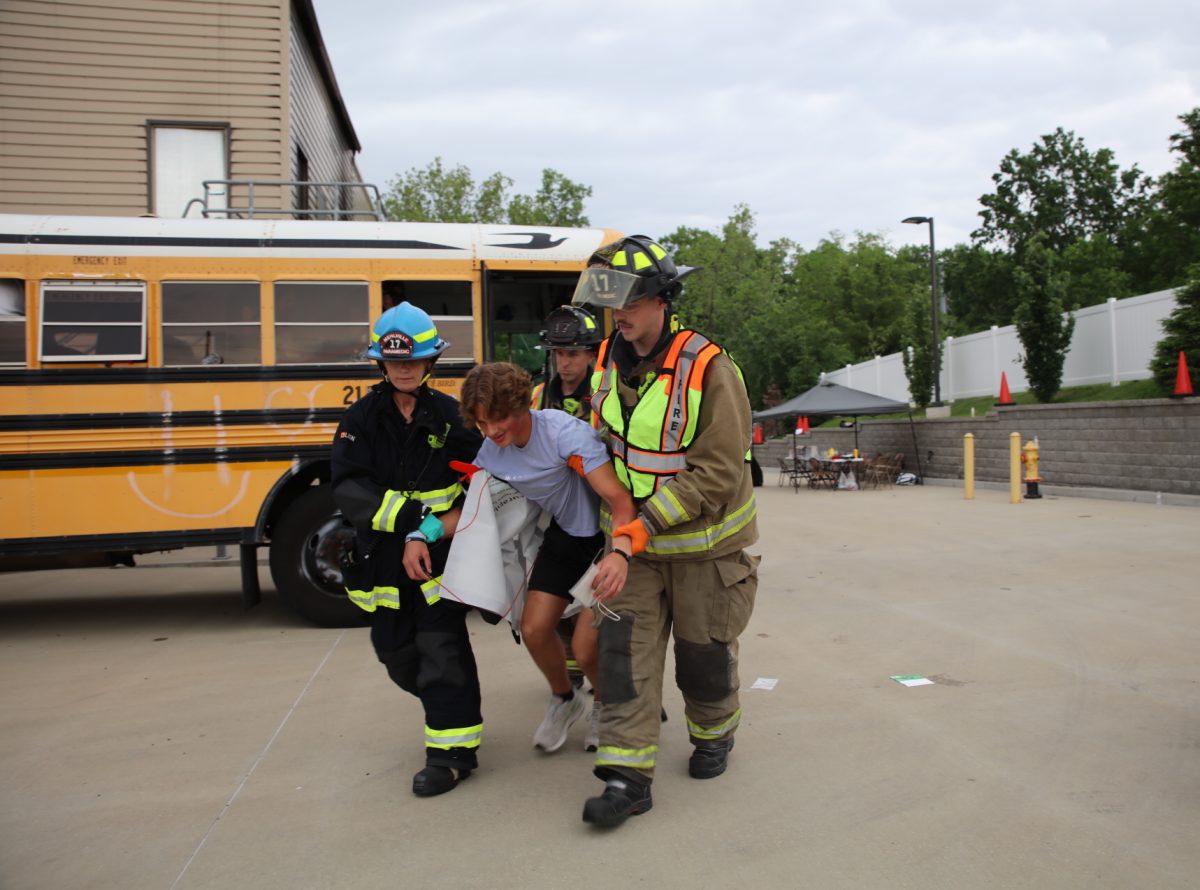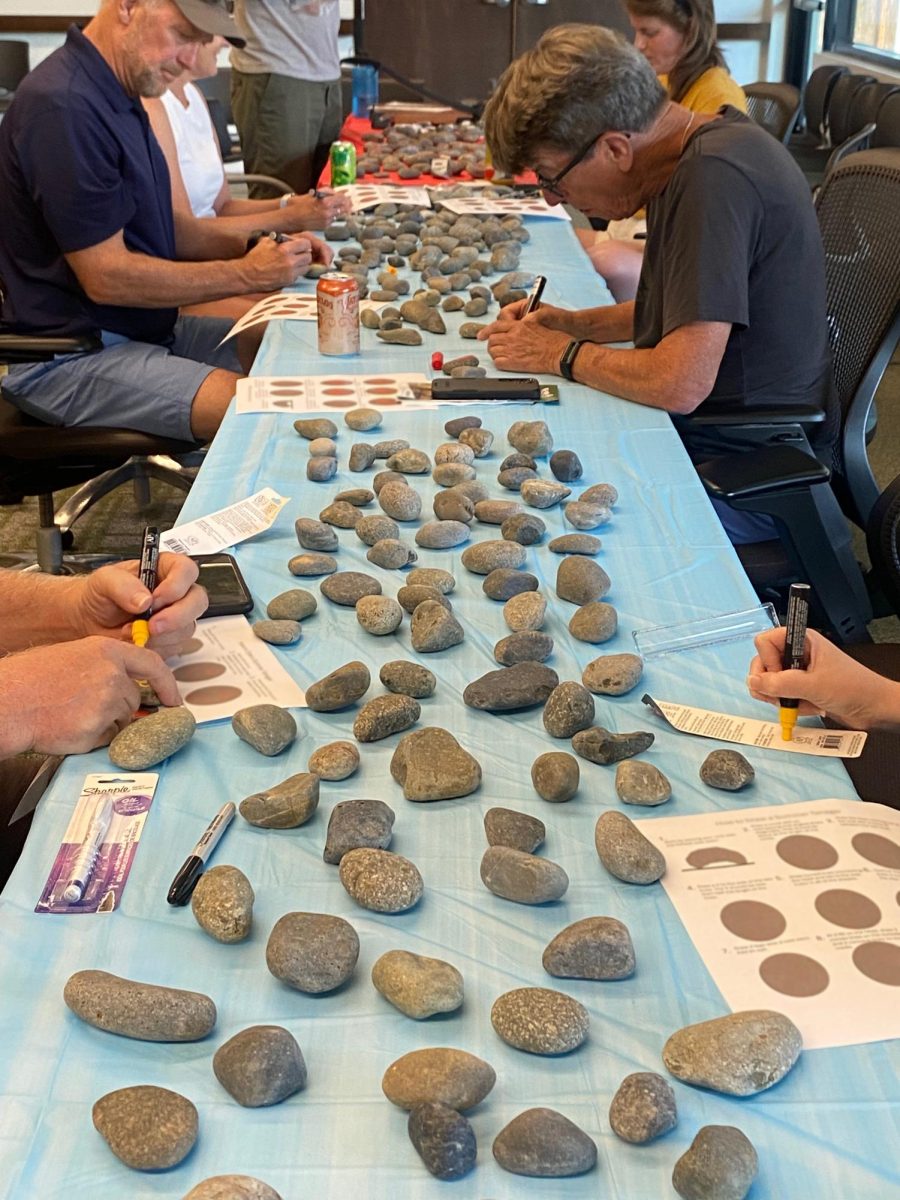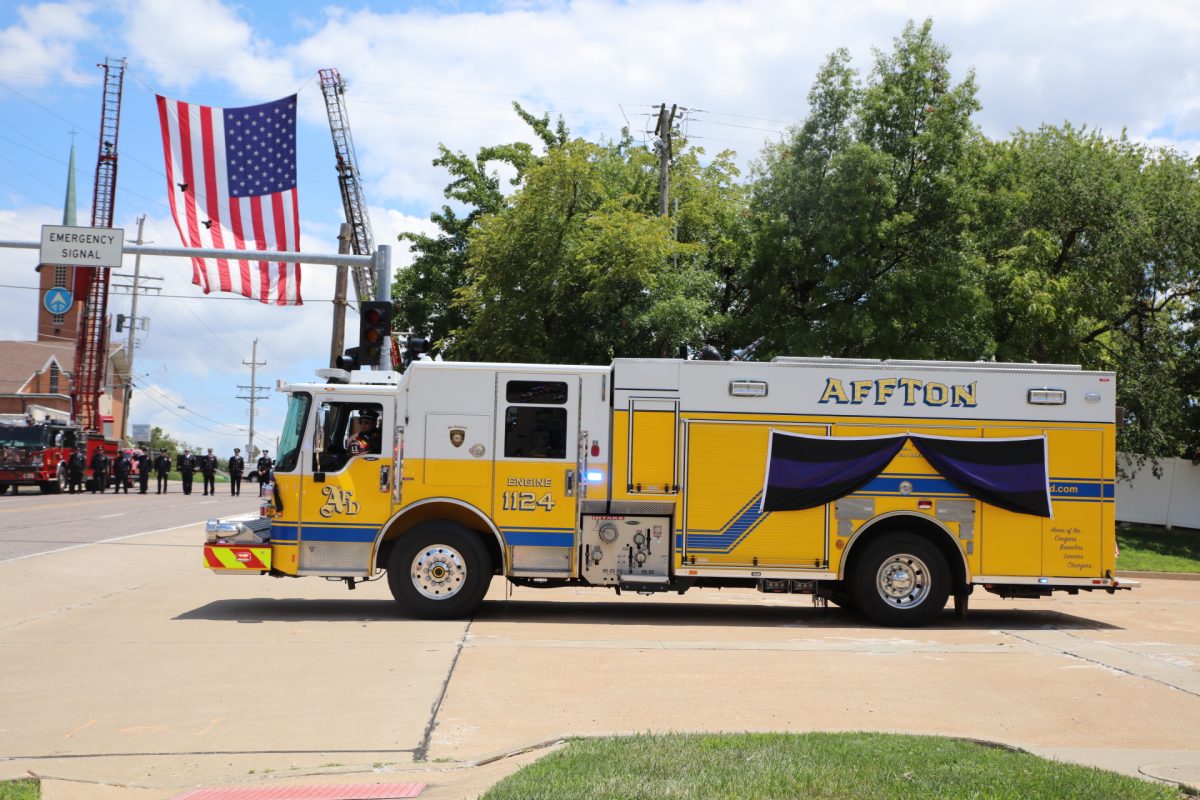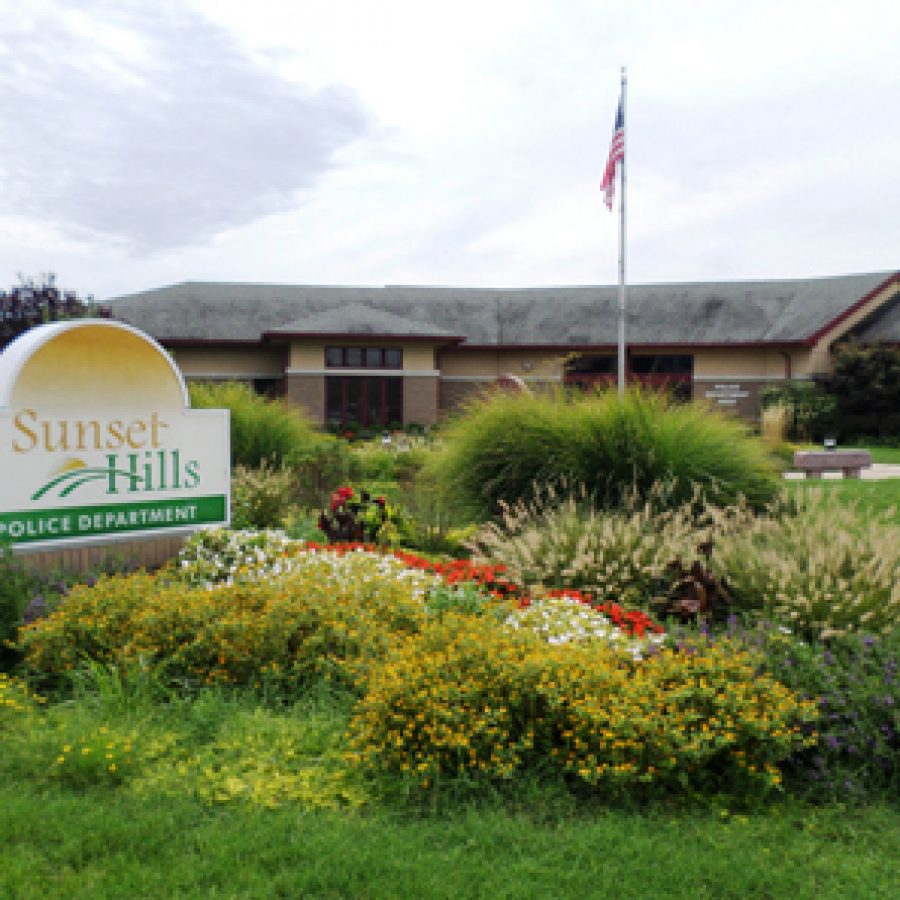
By Mike Anthony
Executive Editor
news1@callnewspapers.com
The Sunset Hills Planning and Zoning Commission voted last week against accepting streets in the city’s Tapawingo subdivisions for city maintenance.
The panel voted 7-0 March 7 to recommend the Board of Aldermen deny a request that the streets be accepted for city maintenance. Commission members Bill Hopfinger, Brian VanCardo and John Martin were absent.
An ordinance adopted by the Board of Aldermen in early 2016 adopted an ordinance outlining the steps required for Sunset Hills to accept private streets for city maintenance. The current request by Tapawingo on the Green, Manors at Tapawingo and the Tapawingo Golf Course for the city to accept their private streets for city maintenance dates back to March 2016.
Under the ordinance, both the Public Works Committee and the Planning and Zoning Commission are required to make recommendations regarding a request to accept private streets for city maintenance.
In October, the Public Works Committee voted 2-1 to recommend that aldermen accept the streets for city maintenance.
Voting in favor were Ward 4 Alderman Thompson Price and Ward 3 Alderman Kurt Krueger. Opposed was Ward 2 Alderman Tom Musich, the committee’s chairman. Ward 1 Alderman Rich Gau was absent.
One issue regarding the request is a difference in the cost to bring the streets into compliance with city standards and codes. The petitioners have offered nearly $48,000 to repair the streets, while city officials say the cost of bringing the streets into compliance totals roughly $177,000.
Among other issues are sidewalk ramps that do not comply with the Americans With Disabilities Act, signage that does not meet city standards and four areas where street grades exceed city standards.
Attorney Colleen Ruiz of Lathrop Gage is representing the roughly 150 property owners who have requested the city accept the streets for city maintenance.
“All of the property owners pay property taxes, which benefits Sunset Hills, and there’s also sales taxes that are generated by the club facilities,” she said.
While it has been a longtime goal of the subdivisions’ residents to have the city maintain Tapawingo streets, she said the issue recently has taken on an added significance, particularly with the establishment of Lindbergh Schools’ Al B. Moore Leadership Center on Maple Drive.
“This has more recently become an issue as the streets have been regularly used by the public,” Ruiz said. “The Al B. Moore Leadership Center draws traffic every day and the golf club’s restaurant and banquet center are regularly used, and as I mentioned before, the course draws thousands of people there to play golf every year.”
The petitioners retained an engineer, Carl Vogt of CMV Engineering, to assess the condition of the streets.
“… In that report that was submitted, based on using industry standards and looking at the specific damage that was possibly done to each of the slabs … the applicants offered $47,828 to repair and replace any defective panels,” Ruiz said. “This would bring the panels into a place where they would essentially be — we thought that would be the cost to turn it over as a relatively new road.”
The applicants have offered to meet with city officials to conduct a joint walk-through of the streets, Ruiz said.
“… The city had requested payment of $177,000 for the slabs and provided a report pretty close to the time that we had the Public Works (Committee) meeting … We’re open to having a joint walk-through and deciding what that amount would be if, in fact, our proposal was incorrect …,” she said.
Besides having the city accept the streets for city maintenance, Ruiz said, “… We are suggesting and requesting that the city actually receive funds from the applicant and that the city undertake the repairs itself so that the city can ensure that they are, in fact, in compliance. We’d like to agree on what that amount is based on the homework that we’ve done and that the city has done, and then have the city actually make the repairs. In addition, we would be seeking a discrete amendment to the zoning code that would allow for a grade outside the current variance limits …”
After Ruiz’s presentation, Planning and Zoning Commission Chairman Terry Beiter said, “… I believe everyone up here and everyone in the city administration feels that Tapawingo is a wonderful development. The golf course is outstanding and is a wonderful attraction to this community. And that we all want to be fair with how we deal with this request. I think it’s important that we also be fair to the rest of the city residents who don’t drive on your streets, and they pay their taxes as well …”
Beiter also cited City Engineer/Director of Public Works Bryson Baker’s estimated cost of $177,000 to bring the streets into compliance with city standards and codes.
In inspecting the subdivisions’ roughly 2,000 slabs, Baker said, “We found 118 that need to be replaced according to our normal maintenance that we do every year …”
The chairman also asked Baker about the age of the Tapawingo streets.
Baker said the average age of the slabs is 20 years, and he estimated the lifespan of a slab ranges from 20 to 25 years.
Beiter noted that according to Baker’s findings, 118 slabs would have to be replaced immediately.
“And if we take over maintenance, in a short period of time we’ll be replacing possibly way more?” Beiter asked.
Baker replied, “Well, that’s the staff’s concern … Staff isn’t saying if we get reimbursed for the 118 slabs, we’re good. We’re stating there’s 118 slabs that we know need to be replaced. We are a little worried that in the next 10 years, it could be — it could be hundreds more. It could be 10 more. We really don’t know just based on the age.
“Again, a lot of the slabs are in good condition out there, but there’s a lot we’re still worried about that aren’t on this PASER (Pavement Surface Evaluation and Rating) scale needing immediate removal.”
He added that he would anticipate that “multiple more” could be added to the 118 as a result of the weather this winter.
But Vogt has a differing interpretation about the condition of the panels, saying he believes only about 40 need to be replaced.
“… If there’s three cracks, the panel’s supposed to be replaced,” he said. “There are 40 or so panels that there are no question about in this subdivision. There’s a few that just need to come out. But there’s somewhat of a difference of opinion that a slab that has a crack in it from the city’s point of view needs to come out. My point of view is that that panel is not perfect, but it certainly is usable and will be usable for a long time …”




















